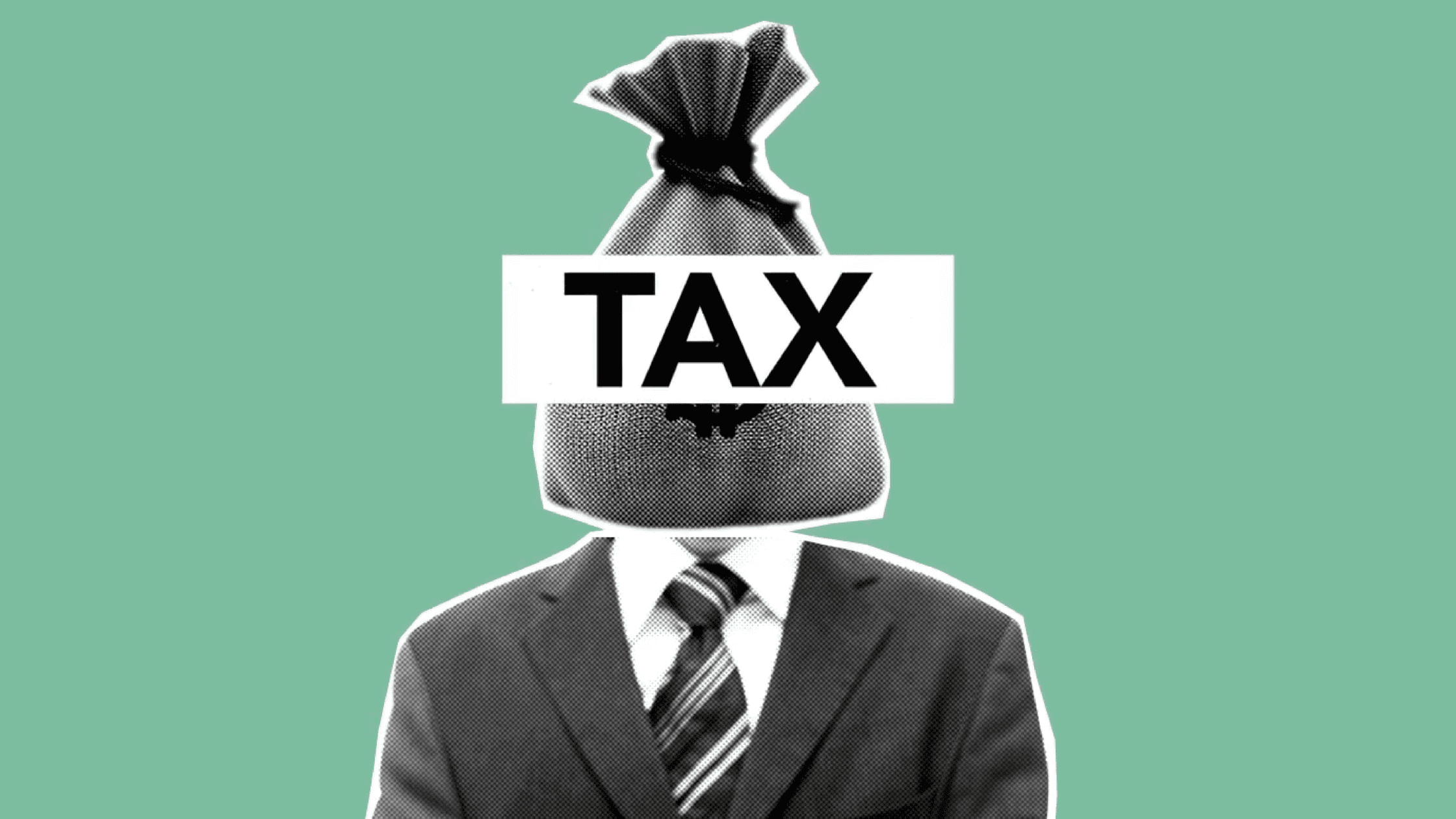Connecticut Leads with Stronger Tax Breaks for Disabled Vets — A National Model?
Disabled veterans in Connecticut just scored a major legislative win — and it’s one that could soon echo across the country.
On June 18, 2025, Connecticut lawmakers unanimously passed a bipartisan bill expanding property tax exemptions for disabled veterans and their surviving spouses. The law, championed by Rep. Joe Zullo (R-East Haven) and supported by veteran advocacy groups statewide, is seen as one of the most comprehensive of its kind — targeting housing affordability, financial stability, and dignity for those who served.
“This is the least we can do to say thank you. It’s our moral obligation.”
~ Rep. Zullo on the House floor (source link)
Here’s What’s Changing …
Under the previous law, Connecticut provided a base-level exemption on property taxes for disabled veterans. But the rules were limited, hard to qualify for, and left many veterans (and their families) without meaningful support.
The new law makes the following key updates:
In short: it’s no longer a one-size-fits-some model. It’s built for real-life veteran households.
- Includes surviving spouses of disabled veterans.
- Covers homes held in trust, a common estate planning tool for disabled or elderly veterans.
- Applies to mobile/manufactured homes, often used by low-income and rural veterans.
- Waives motor vehicle registration fees for disabled veterans — including surviving spouses.
- Expands local authority to increase the exemption if desired.
Why This Is a Big Deal
For many disabled veterans, homeownership isn’t just a point of pride — it’s a cornerstone of security, independence, and legacy. Yet rising property values, insurance costs, and municipal taxes can make staying in your home harder with each passing year.
Connecticut’s move recognizes that service-related disabilities shouldn’t be punished by red tape or local tax codes. By easing the financial burden, veterans can:
- Stay in their homes longer
- Reduce reliance on fixed income or disability payouts
- Preserve generational wealth
- Maintain access to healthcare and community resources
These changes also reduce mental and financial stress, two major contributors to worsening health outcomes for disabled vets.
Could Your State Be Next?
Veteran advocacy organizations are calling this a “model policy” for states with similar tax structures. Local VSOs and county-level veteran coalitions have already begun pushing similar proposals in Rhode Island, New York, and Pennsylvania.
If your state hasn’t expanded property tax relief yet, this is your rally cry. It’s proof that change is possible — and can happen quickly with bipartisan support and a clear mission.
“Connecticut’s actions show what’s possible when we listen to our veterans and act with urgency,”
~ Paul Barry, Director of Veterans for Housing Stability
What Disabled Veterans Can Do Right Now
- Live in Connecticut?
Visit your local tax assessor’s office or town website to confirm how to apply.
- Live outside Connecticut?
Share this article with your local representative or VSO — use it as a template.
- Engage locally:
City councils and state legislators often decide exemption thresholds — show up and speak up.
- Estate planning tip:
If your home is in a trust, you may now qualify for savings — ask your lawyer or advisor to revisit your documents.
Final Thoughts: Real Relief, Real Respect
Too often, veterans are thanked with words, not actions. Connecticut flipped the script by turning appreciation into actual policy — and in doing so, gave veterans and their families something far more meaningful: a little more room to breathe.
If we truly want to support those who served, this is where we start — with legislation that meets them at home. Let’s make this the first domino, not the only one.





While the billionaires vaccume up every penny ever minted and eliminate jobs with AI, the average Joe should be sueing the incompetent and useless government and use the money to start businesses. This is the wave of the future unfortunately.
No pain medication..VHA will not pay to fix the root cause of pain… but thanks for the tax breaks.🤡 How about healthcare? What we do get though is VA highlighting their success and totally ignoring their failures like they haven’t been responsible for death doing that. They need to be sued for crimes against humanity at some point.
Now If only NY would fix themselves…nah they would rather push bill S1183